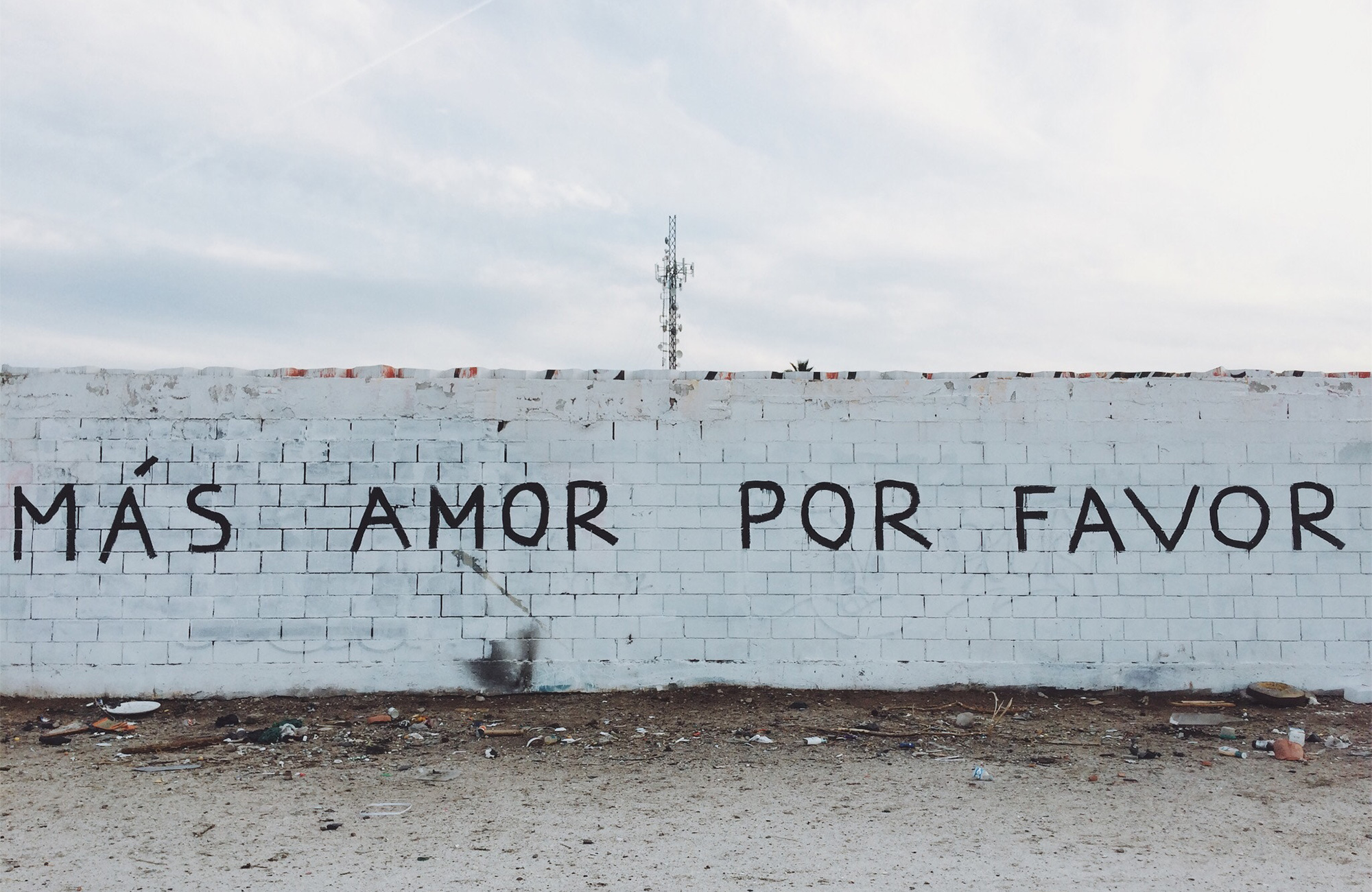Spansk er et af de sprog, som flest mennesker taler i verden og med et spanskkursus i bagagen, vil du uden tvivl få en federe oplevelse på din rejse. Du møder og taler med de lokale, og samtidig får du erfaring du kan skrive på dit CV. Tag et spanskkursus og lær spansk eller forkæl dine spanskkundskaber med et brush-up kursus. Vi tilbyder spanskkurser i flere lande i Syd- og Mellemamerika.
Hør mere om spanskkursus i udlandet!
Når sprogskole ikke føles som skole!
Du kan få undervisning alene, i par eller i mindre grupper, og sprogkurserne varer typisk fra 1 uge og op til 4 uger. Typisk arrangerer sprogskolerne også ture i lokalområderne ved siden af undervisningen, så du kan øve dig på sproget samtidig med du oplever den lokale kultur. Vi samarbejder med nogle af de bedste sprogskoler på populære backpacker-destinationer rundt i verden. Udover at lære et nyt sprog og kultur at kende, møder du helt sikkert nye mennesker - både andre rejsende samt lokale, hvilket gør det sjovt og anvendeligt at lære et nyt sprog.
Lær om det spanske sprog
Hvis du gerne vil lære spansk, er et spansk kursus i de spansktalende lande, den bedste måde at lære sproget hurtigt på. Hvis du tager til Syd-og Mellemamerika, er spansk det officielle sprog, og den spanske kultur giver dig et stort indblik hvis du vil forstå spansk. Der er spansk kurser til alle niveauer og spansk for begyndere er meget populært i Syd-og Mellemamerika. Samtidigt lægger du fundamentet for at modtage spansk undervisning på et endnu højere niveau. Spanskundervisning kan hjælpe dig med at forstå, skrive og tale spansk, og hvis du tilbringer et par måneder i et spansktalende land, kan du måske ende med at tale flydende spansk. For eksempel kan du tage på spanskkursus i Costa Rica, hvor spansk er det talte sprog og du samtidg kan surfe, spise lækker lokal mad og tage på trek i junglen.


